Packers Sanitation fined $1.5M after hiring minors in 13 meatpacking plants
The U.S. Department of Labor says one of the county's largest cleaning services for food processing companies — based in southwestern Wisconsin — employed more than 100 children in dangerous jobs at 13 meatpacking plants in eight states.
Associated Press
February 17, 2023
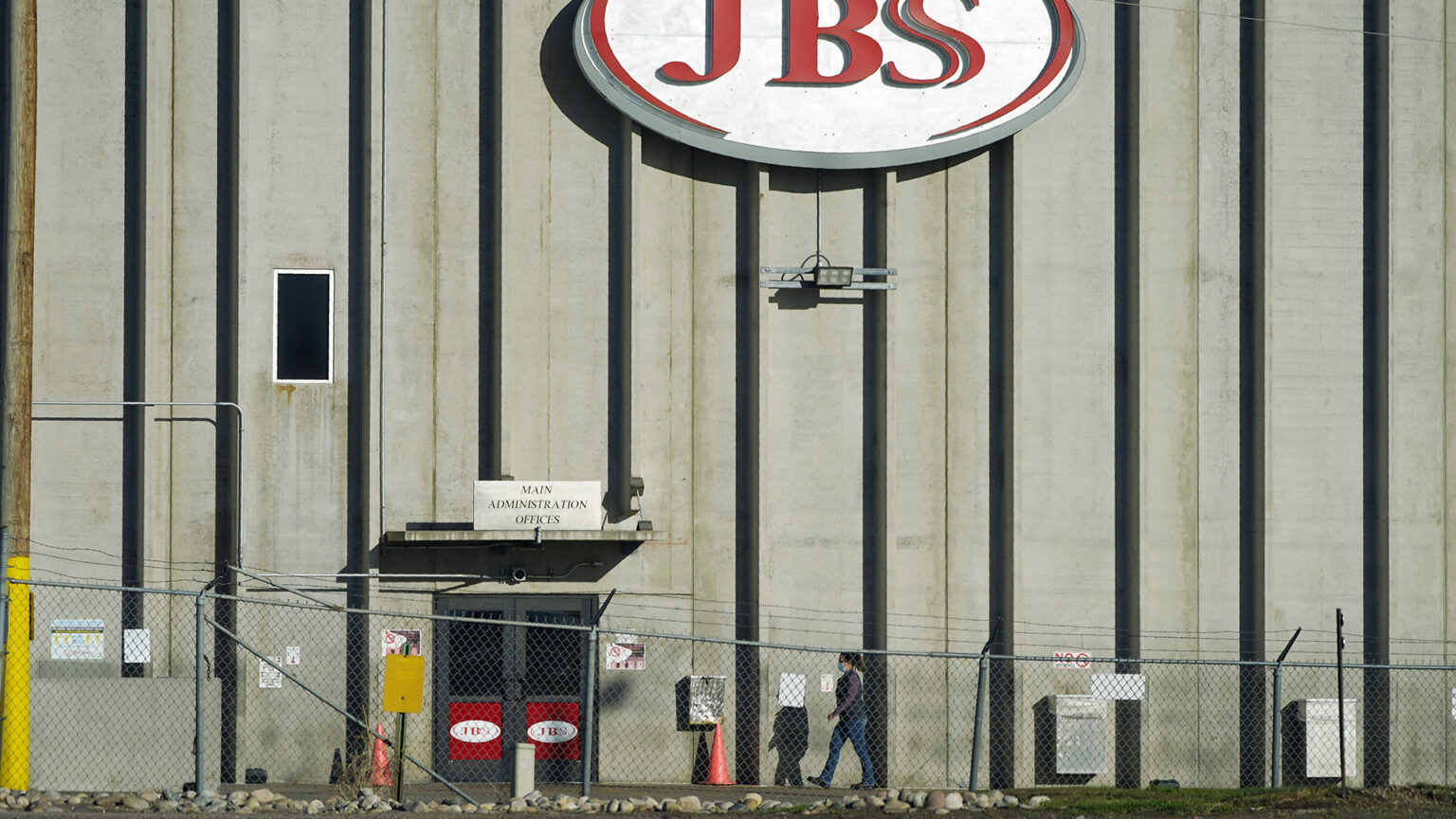
A worker heads into the JBS meatpacking plant in Greeley, Colo., on Oct. 12, 2020. Packers Sanitation Services Inc., or PSSI, one of the country's largest food safety cleaning service providers employed more than 100 children as young as 13 in dangerous jobs at 13 meat processing plants in eight states, including JBS, the U.S. Department of Labor said Feb. 17, 2023. (Credit: AP Photo / David Zalubowski, File)

MINNEAPOLIS (AP) — One of the country’s largest cleaning services for food processing companies employed more than 100 children in dangerous jobs at 13 meatpacking plants across the country, the U.S. Department of Labor said Feb. 17 as it announced over $1.5 million in civil penalties.
The investigation into Packers Sanitation Services Inc., or PSSI, began in the summer of 2022. Department officials searched three meatpacking plants owned by JBS USA and Turkey Valley Farms in Nebraska and Minnesota, and found 31 underage workers as young as 13. They also searched PSSI’s headquarters in Kieler, Wisconsin. Underage workers were found at plants in eight states.
The department went on to review records for 55 locations where PSSI provided cleaning services and found even more violations, involving children ages 13 to 17. The agency obtained a temporary restraining order in November and a permanent injunction in December, when PSSI entered into a consent judgment that committed the company to no longer employ minors illegally.
Over the past three years, children were found to be using caustic cleaning chemicals and cleaning “dangerous power-driven equipment, like skull-splitters and razor-sharp bone saws,” Jessica Looman, principal deputy administrator of the department’s Wage and Hour Division, told reporters.
At least three of those minors, including a 13-year-old, suffered burns from the chemicals used for cleaning at the JBS plant in Grand Island, Nebraska, officials said.
Some of the children worked overnight shifts and were also enrolled in schools during the day, department spokeswoman Rhonda Burke said in an email.
The fine PSSI paid on Thursday, $15,138 for each minor, is the maximum allowed under federal law. But investigators believe the company actually employed many more than the 102 children they verified. Under the consent judgment, Looman said, PSSI must identify and remove them from dangerous work.
“Make no mistake, this is no clerical error, or actions of rogue individuals or bad managers,” Looman said. “These findings represent a systemic failure across PSSI’s entire organization to ensure that children were not working in violation of the law. PSSI’s systems in many cases flagged that these children were too young to work, and yet they were still employed at these facilities.”
The company’s vice president of marketing, Gina Swenson, said in a statement Friday that the company has “a zero-tolerance policy against employing anyone under the age of 18.”
As soon as PSSI became aware of the allegations, she said, it conducted audits and hired an outside law firm to help strengthen its policies. PSSI has also conducted additional training for hiring managers, including on spotting identity theft, she said.
None of the minors identified by federal investigators still work for PSSI, and the Department of Labor “has also not identified any managers aware of improper conduct that are currently employed” by the company, Swenson added.
PSSI has said it employs about 17,000 people working at more than 700 locations nationwide, making it one of the largest food-processing-plant cleaning companies.
The 13 plants where violations were found were in Arkansas, Colorado, Indiana, Kansas, Minnesota, Nebraska, Tennessee and Texas. The ones with the most violations were the JBS plant in Grand Island, Nebraska, where PSSI employed 27 minors; the Cargill plant in Dodge City, Kansas, where 26 children worked; and a JBS plant in Worthington, Minnesota, where 22 minors worked. The Labor Department also searched a Tyson facility in Sedalia, Missouri, but found no verifiable violations there.
The United Food and Commercial Workers International Union, which represents meatpacking plant workers, called PSSI “one of the worst actors” in the industry.
“Paying a simple fine is not enough, their entire business model relies on the exploitation of workers, vicious union-busting tactics, and the violation of human rights,” Marc Perrone, the union’s international president, said in a statement. He called on the meatpacking industry to use its power over contractors like PSSI to end the exploitation of children for good.
Asked about the immigration status of the children, Labor Department solicitor Seema Nanda said the department focuses only on whether they are minors.
And because the department is a civil law enforcement agency, officials can’t comment on whether any of the plants might face criminal charges or whether any of the children were victims of labor trafficking, said Michael Lazzeri, regional administrator of the department’s Wage and Hour Division. He said any detected trafficking is referred to other agencies.
Looman said the Wage and Hour Division has seen around a 50% increase in child labor violations since 2018, including minors working more hours than permitted in otherwise legal jobs, using types of equipment they shouldn’t while doing legal jobs, and children working where they should never be employed in the first place.
“Nobody under 18 should be working in a meat processing plant,” she said.
 Passport
Passport




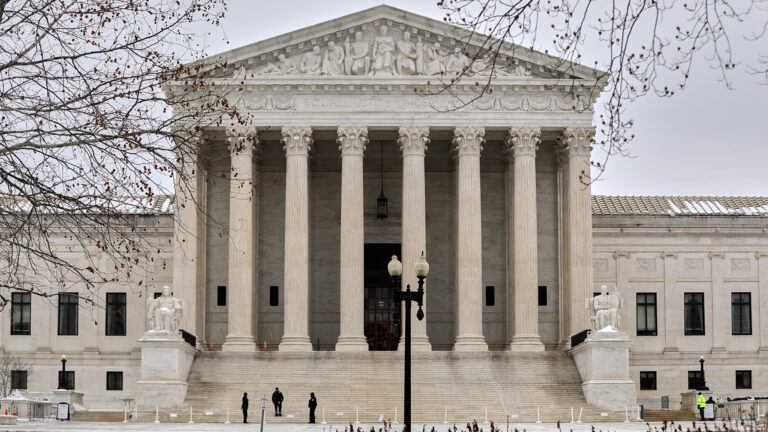

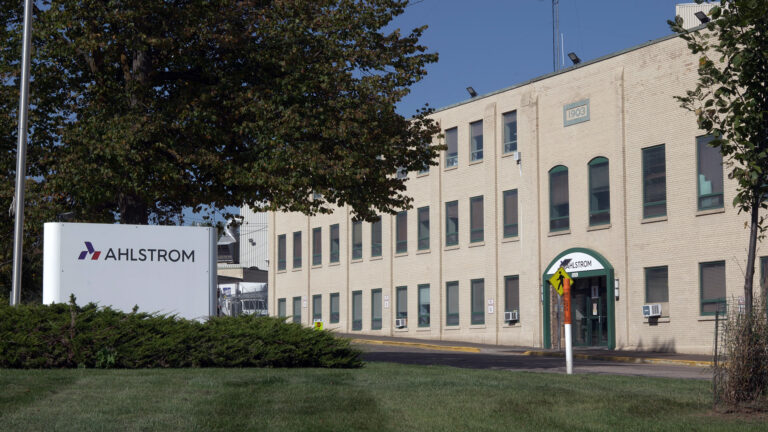
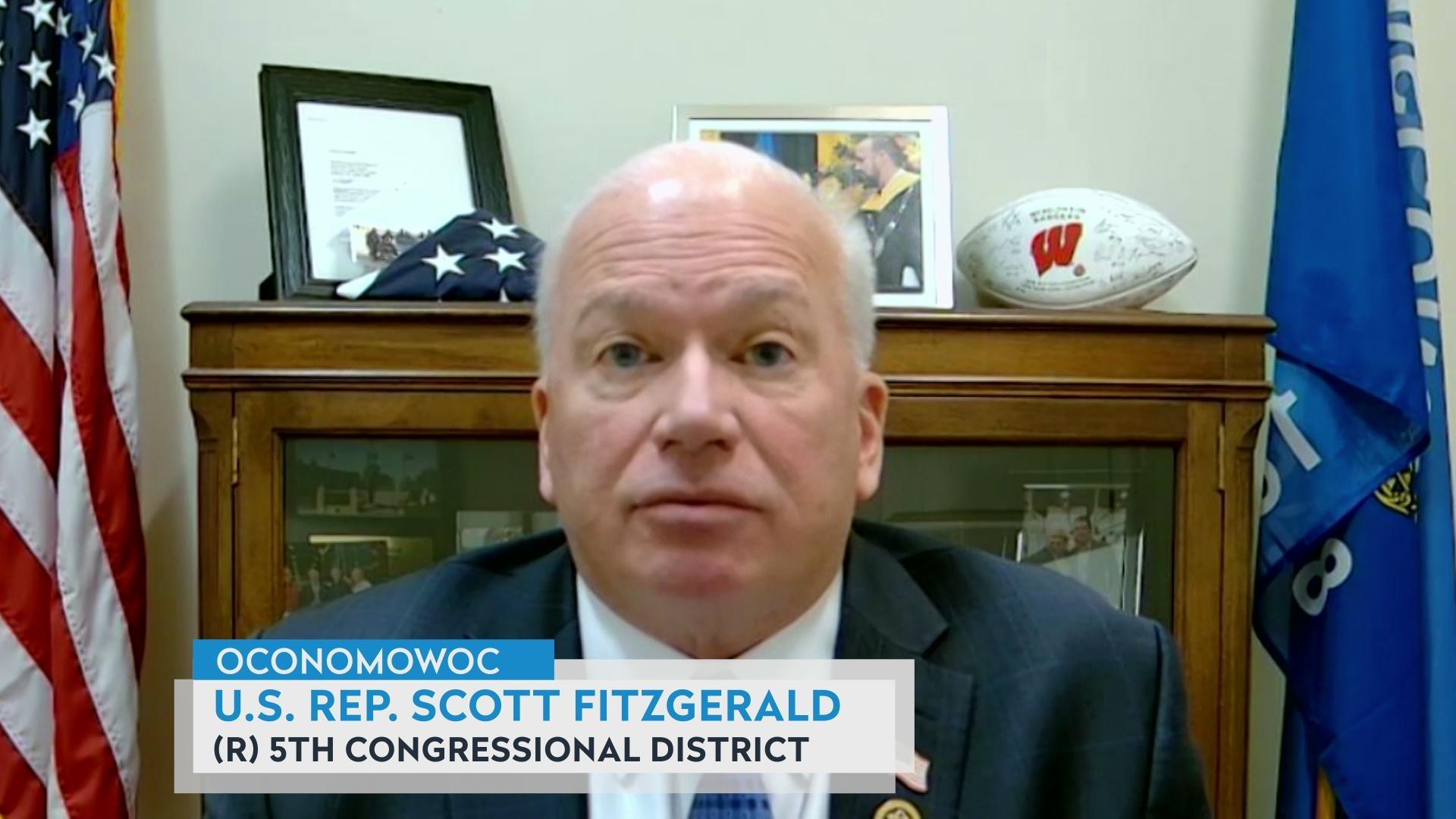
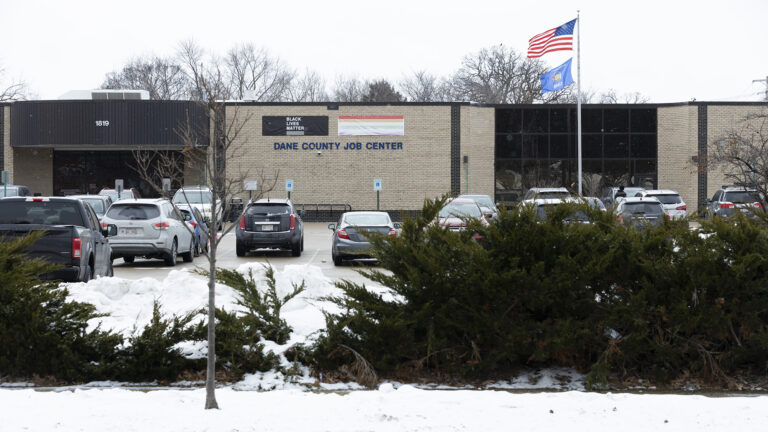
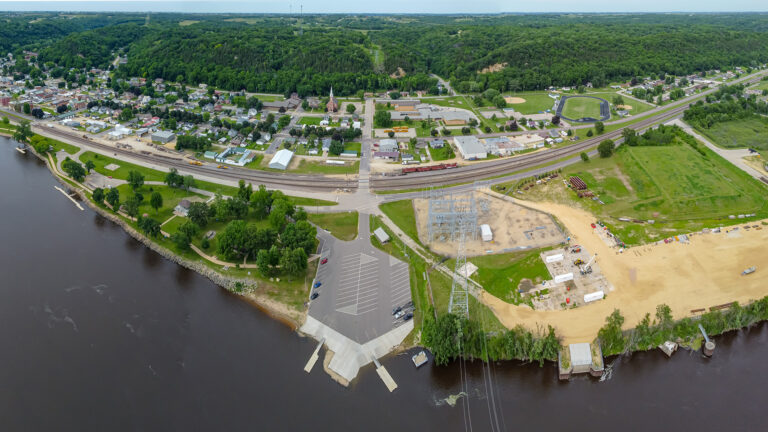

Follow Us